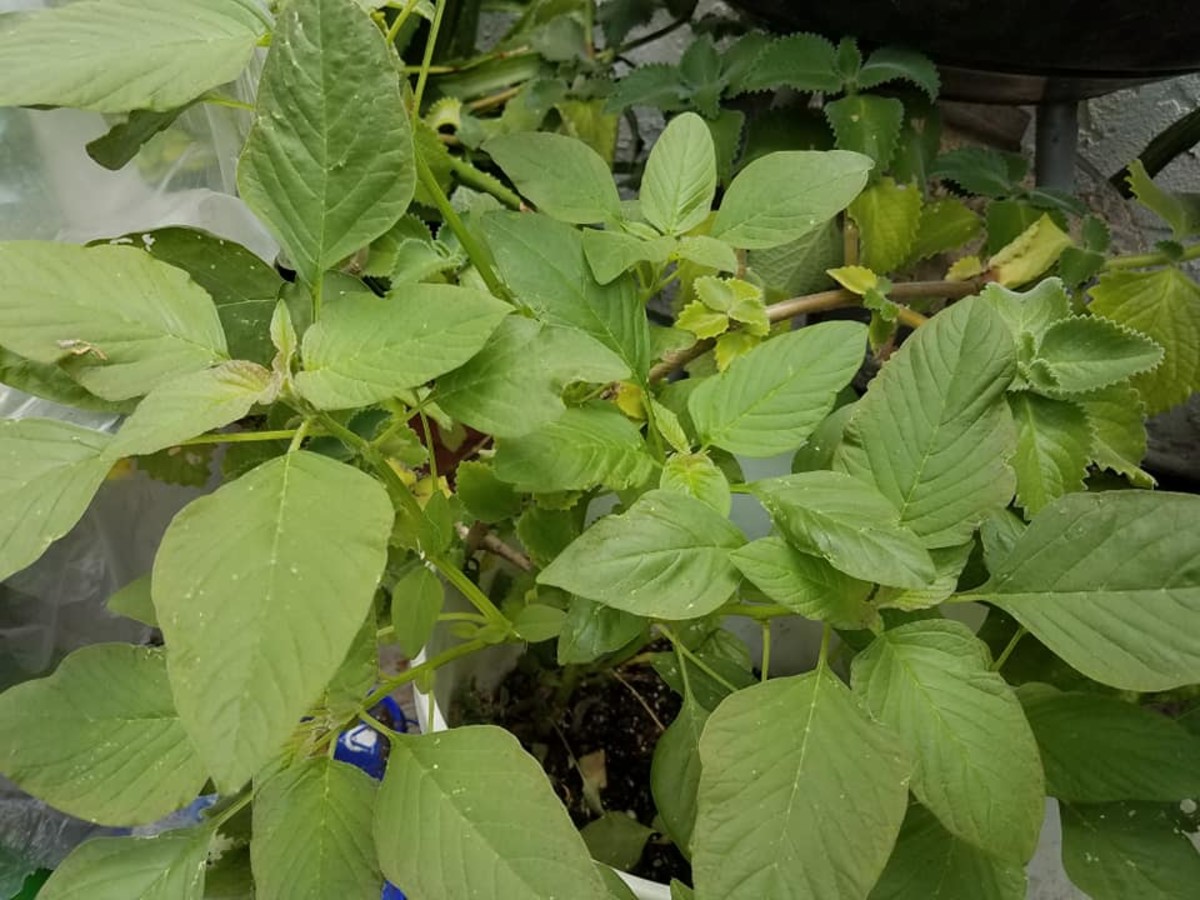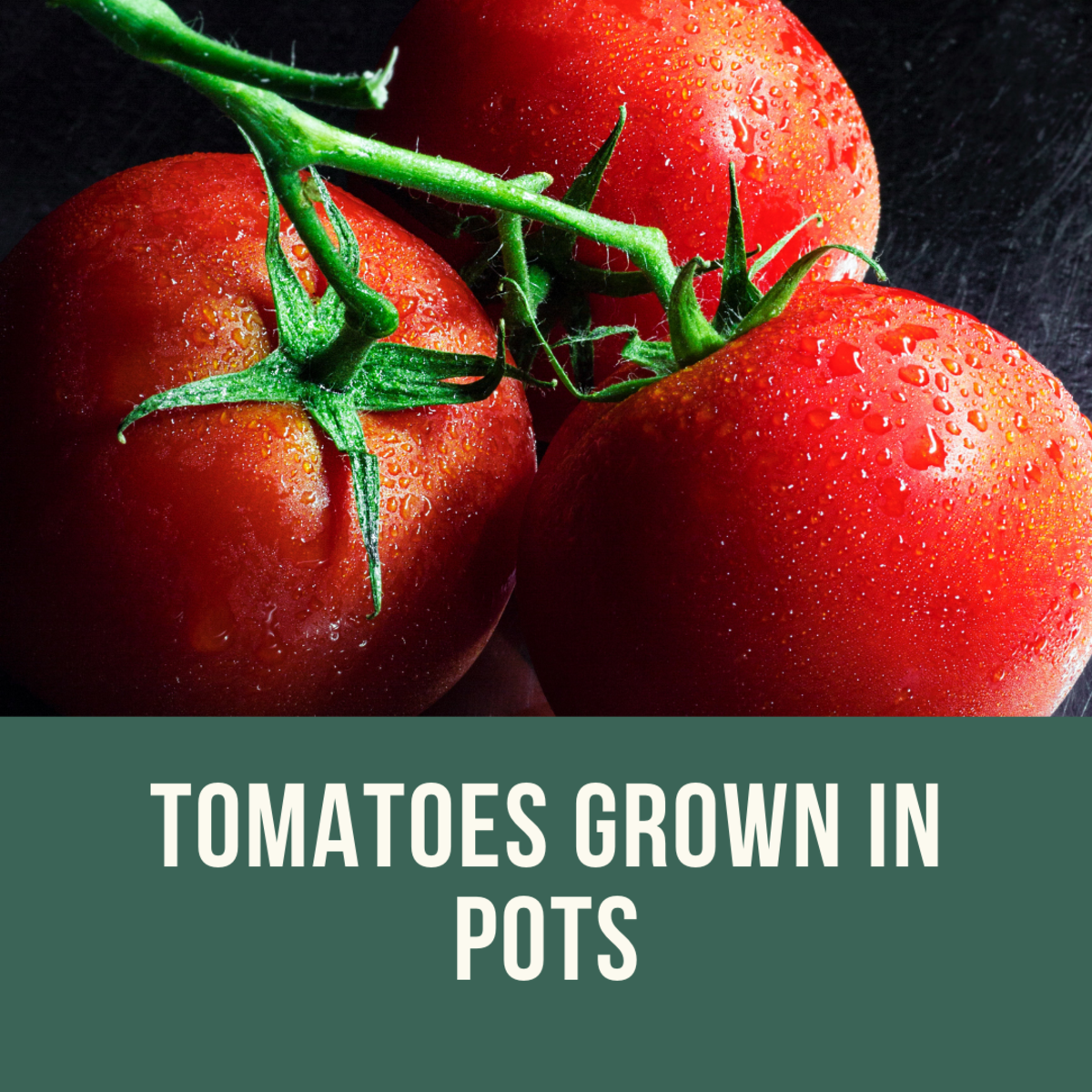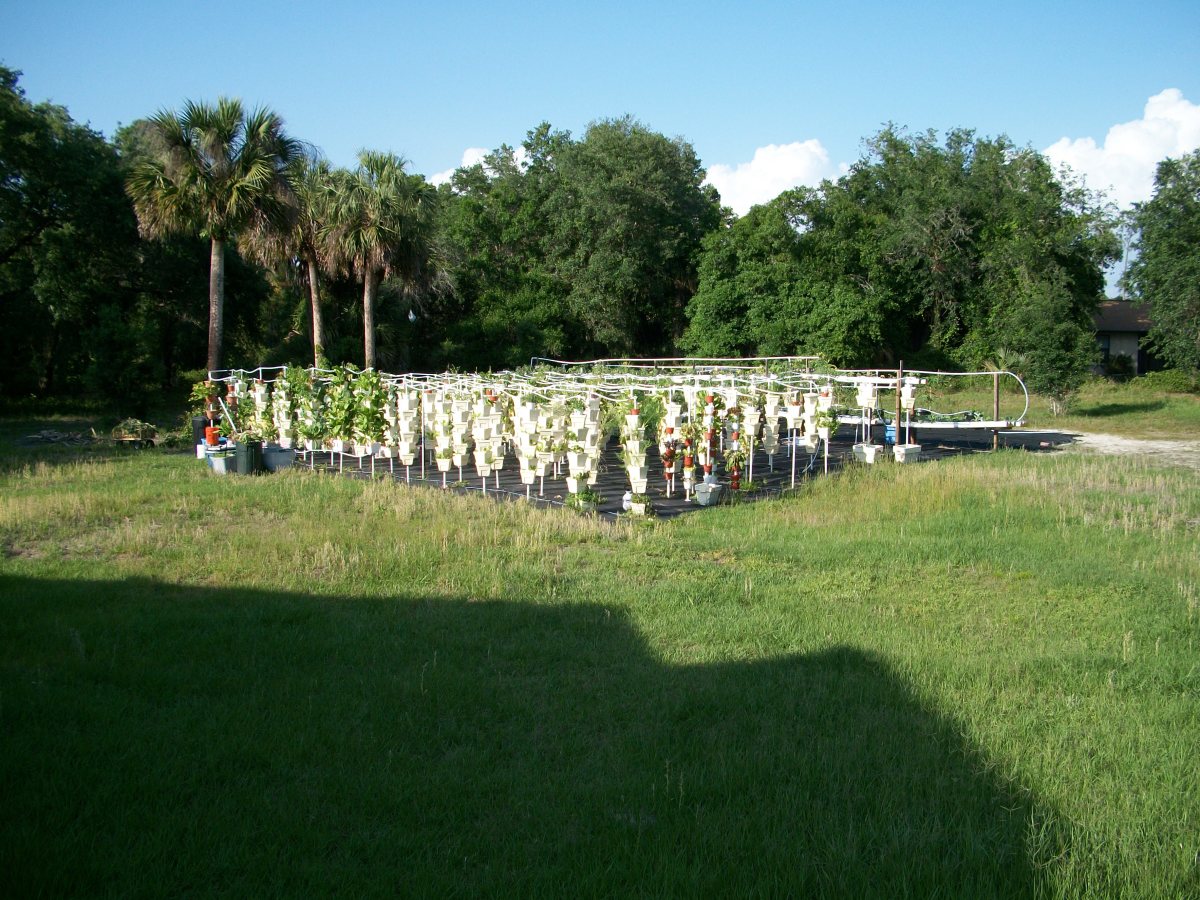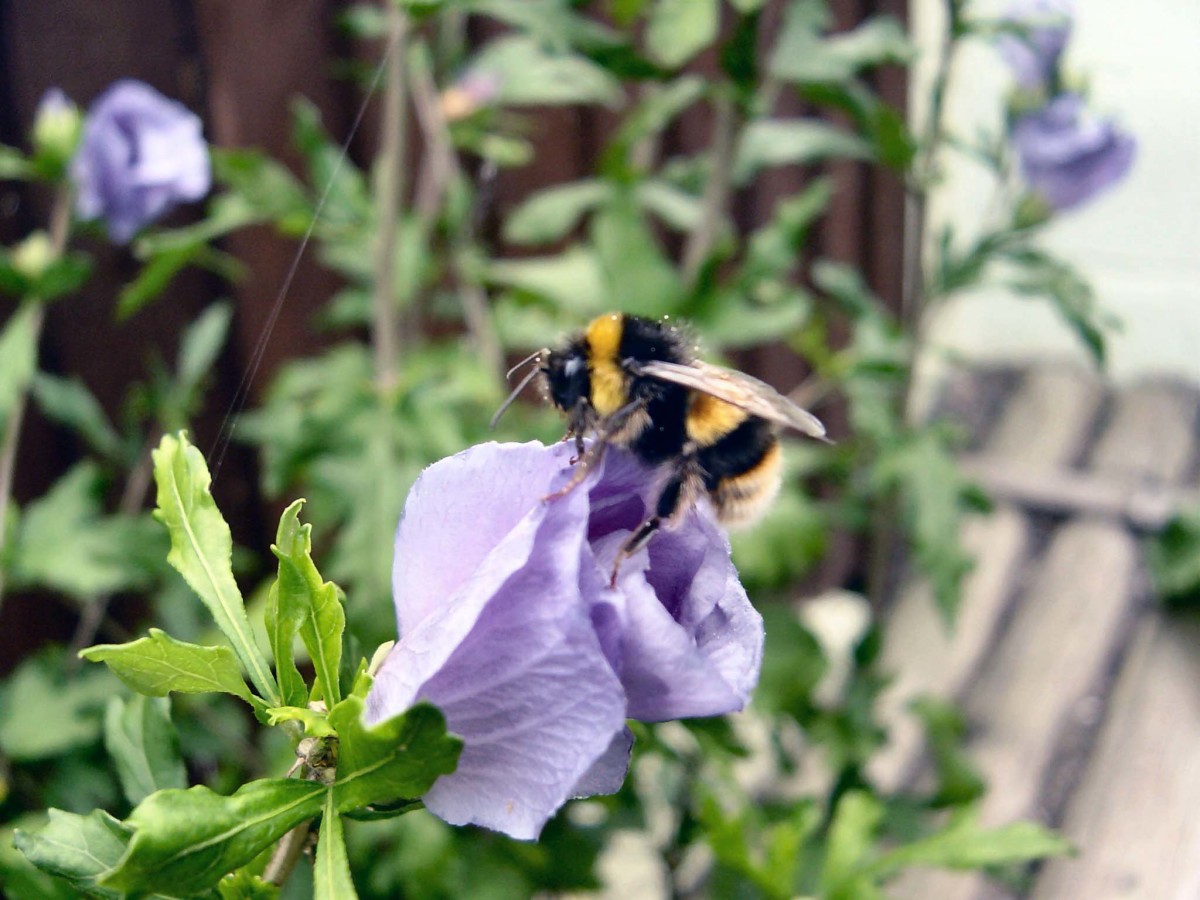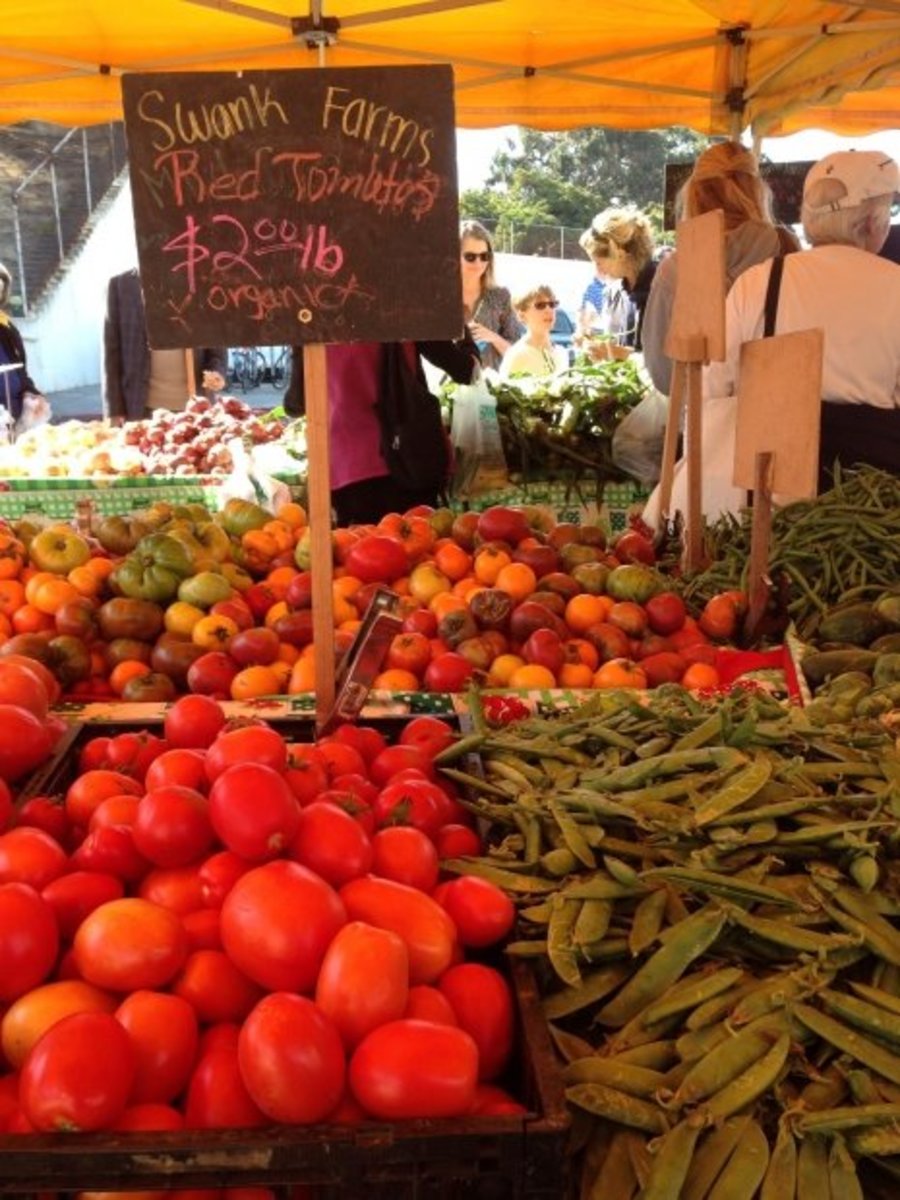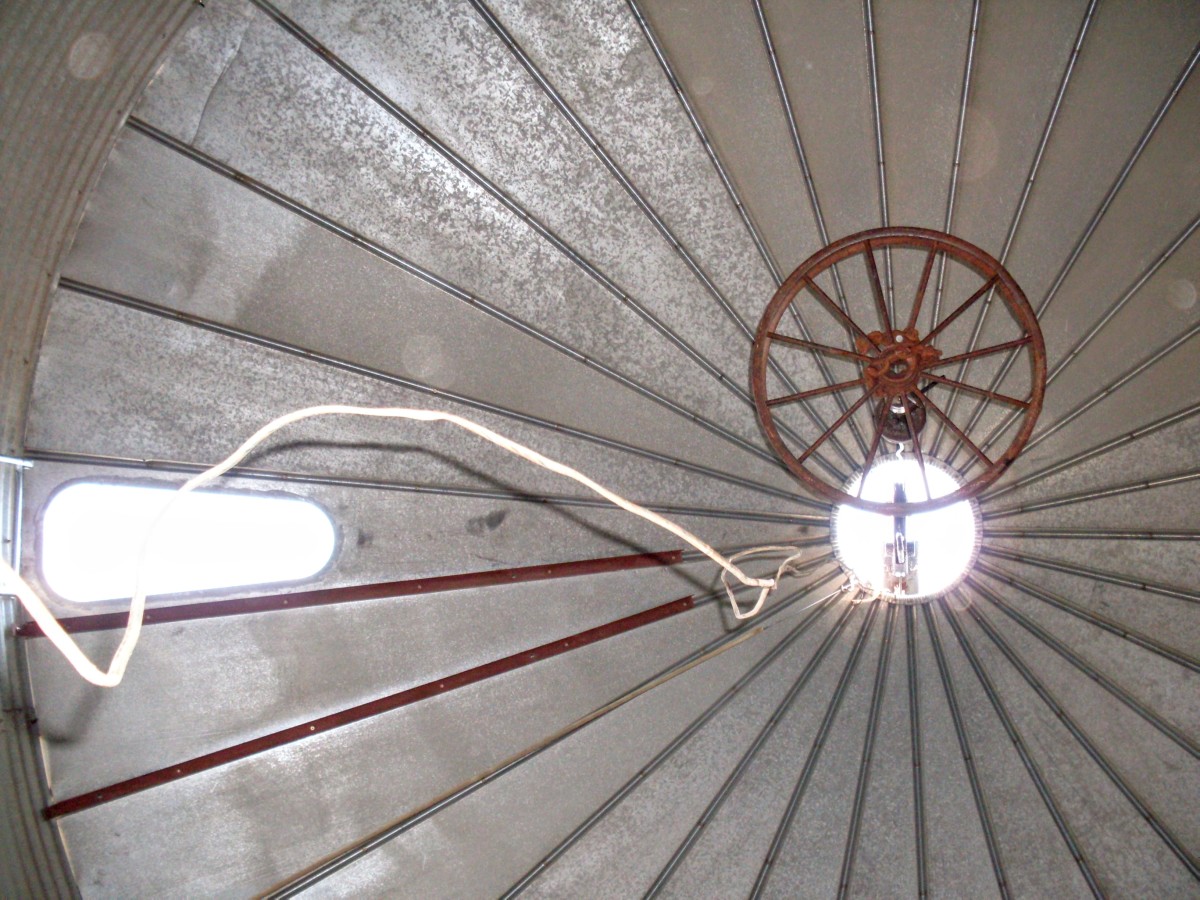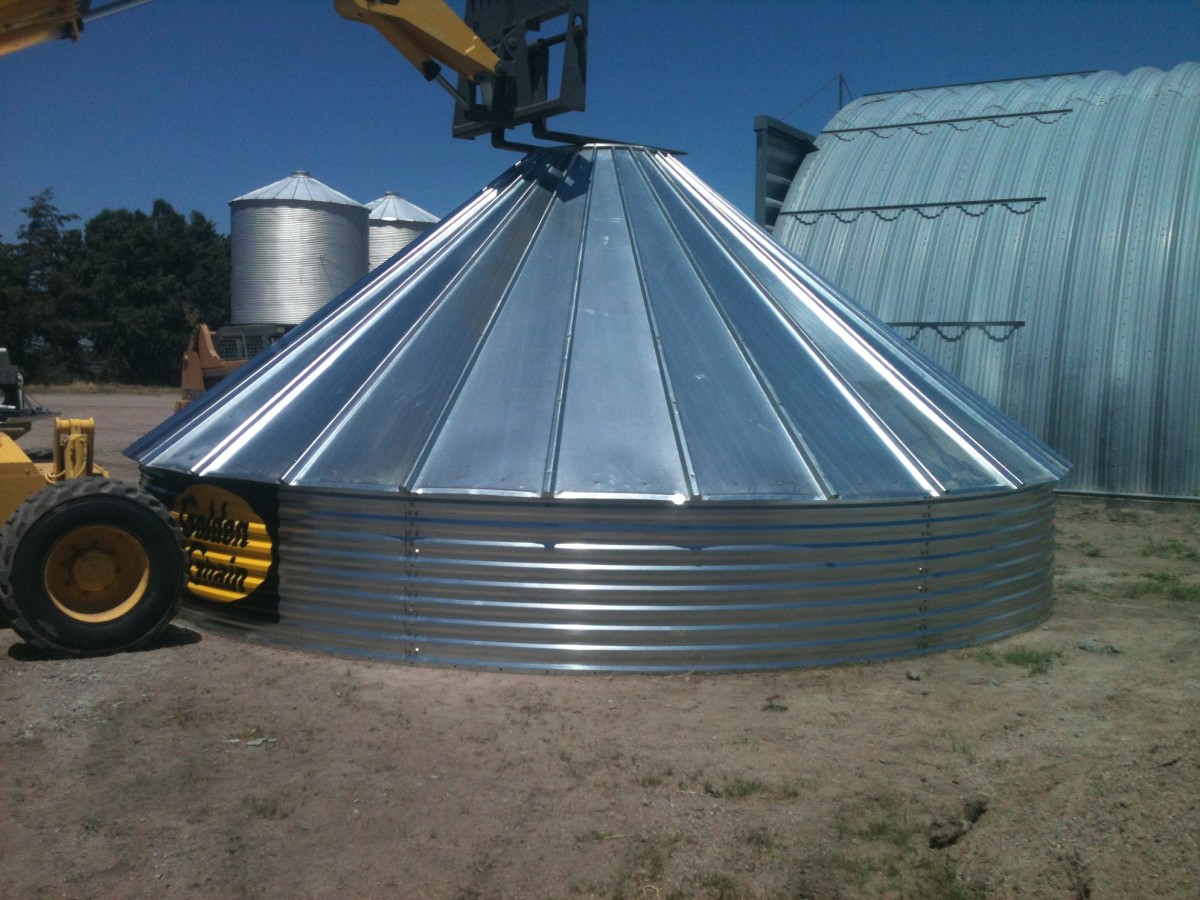The Sack Gardens of the Kibera Slum
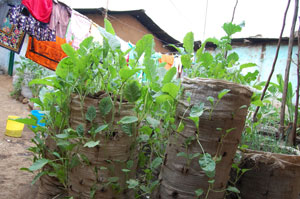
Approximately 1.5 years ago, I wrote a blog on the first farm ever in Kibera, Kenya. The reclamation process that brought this organic farm into being is nothing short of inspiring. Now the women of Kibera, a slum in Nairobi, Kenya are taking the initiative in supporting their families by growing fresh vegetables in sack gardens.
The Kibera slum located in Nairobi, Kenya is possibly the largest slum in sub-Saharan Africa. There is somewhere between 700,000 - 1,000,000 people living in 400 hectares - approximately one-half the size of Central Park in New York City.
The many challenges that people face in Kibera include overcrowding, a lack of water (clean or otherwise), practically no sanitation services; and, a lack of land ownership. Despite these hardships, some residents are managing to thrive.
These residents are an enterprising group of mainly female farmers who are growing food for their families; and, managing to grow enough to sell some to their neighbours as well. These "self-help" groups are springing up all over Kenya giving youth, women and vulnerable people the opportunity to organize; share information and skills; and improve their well-being while giving them a voice that would not be heard otherwise.
These women are growing vegetables in what they call "vertical farms or vertical gardens". These farms are tall, recycled sacks filled with soil. The women grow crops in them on different levels (vertical farms) by poking holes in the bags and inserting seeds and/or seedlings at different levels. The crops planted are usually spinach, kale, sweet pepper and spring onions; but, there are other choices of veggies available.
The women’s group received training, seeds, seedlings and sacks from the French non-governmental organization (NGO) Solidarites to start their sack gardens.
The International Committee of the Red Cross recognized sack gardening as a solution to food security in urban areas during the 2007/08 political crisis in the slums of Nairobi. For approximately a month, no food was allowed to enter any of the slums from rural Kenya; but, thanks to the number of women growing food in sack gardens; and, on public land (railway lines, riverbanks), most residents didn't go without food.
These unassuming-looking sack gardens provide big benefits both to the family and the rest of the community. The owners of the gardens enjoy better nutrition, food security; and, possibly some sort of additional income. Any surplus produce these farmers have is sold to their friends and neighbours who enjoy the benefit of incredibly fresh produce. It doesn't get any fresher than being bought the same day it is picked. All the women who own sack gardens swear that their home-grown vegetables taste better because they are grown without chemicals; and, are eaten at the peak of freshness. The pride of eating the fruits of their own labour probably adds a certain spice that other veggies don't have.
Solidarites has pledged to continue providing seeds and/or seedlings to the urban farmers free of charge as well as the sacks and other necessities. In addition to providing the physical necessities for the gardens, they teach new gardeners how to get the most out of their sack gardens. The urban gardeners of the Kibera slum go to the Solidarites site where experienced gardeners just pick the seedlings they want; and, inexperienced gardeners receive valuable information, hints, tricks; and, the materials to begin their gardening.
Unfortunately, they have found that there are two problems with their sack gardens. The first are goats. The goats love the fresh greens as much as the families who own the gardens do; and, goats go to great lengths to gain entry to the garden area so they can eat their fill. The other problem is human. They are called the "midnight harvesters" by the gardeners because they come in the middle of the night and raid the sack gardens taking the produce.
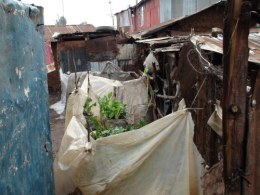
The residents of the Nairobi slums are creative, inventive and determined if nothing else. Mary Mutola has farmed "her" land for over two decades. She and other farmers, mostly women, have divided the land and farm it together. The land is legally not hers nor does it belong to any of the other farmers who use it. In reality, the land is owned by the National Social Security Fund which has allowed the women to farm the land through an informal arrangement. The most popular crops to grow are spinach, kale, spider plant, squash, amaranth and fodder.
Unfortunately, the farmers have no legal right to farm the land (or even be on the land); and, consequently have been forced to stop farming several times over the years. The harassment has slowed; but, the challenges to continued farming persist.
One of the more recent challenges these women face is the loss of their unofficial irrigation and fertilization system. The women had been using untreated wastewater - sewage from a sewer line they had tapped into - to feed and water their crops. While wastewater can contain a lot of viruses, bacteria, pathogens, contamination from heavy metals; and, other undesirables, it provided a rich, free source of fertilizer to farmers too impoverished to buy them. The other benefit was that the farmers didn't have to depend on rainfall to water the crops. Good thing because in sub-Saharan Africa, droughts are getting longer and rainfall is getting scarcer.
However, the city didn't see any of the benefits; just the drawbacks. Despite this, Mutola and the other women are continuing to problem-solve by finding new and creative ways of growing food crops for their own use or sale.
The farmers, in partnership with Urban Harvest, are managing not only to grow enough food to eat and sell; but, amazingly are also becoming seed suppliers of traditional African leafy vegetables. The traditional vegetables include amaranth, spider plant and African nightshade. They are doing so well they are able to supply Nairobi with these high-demand vegetables and grains.
While these farmers have always grown fodder for livestock for both the urban and rural farmers, their establishment of a sustainable source of seed for traditional African vegetables is helping to break down the commonly-held belief that only the poor living in cities benefit from urban agriculture.
The farmers have developed a technique of using very small plots (about 50 sq m {538 sq ft}) and double beds to raise seeds quickly. Some of the fast-growing varieties like amaranth and spider plant can be raised from seed to seed-producing in as little as 3 months. These seeds are worth roughly 30,000 Kenyan shillings ($400 US) in profit for the 3 months work. One of the bonuses of this type of farming is that because the plots are small, they take very little additional type to weed and manage.
These landless farmers are gardening on the edge. The land they use can be taken from them at anytime, the drought can eventually win the fight for their crops; and/or, the loss of access to wastewater for irrigation and fertilization could prove insurmountable.
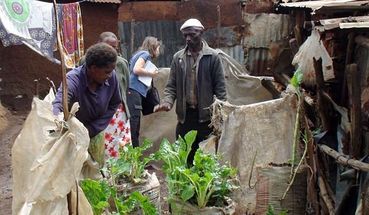
I'd like to end with a quote from one of the ladies who is benefiting from the sack garden program:
"With this project, nobody, especially among the womenfolk, has any excuse to be idle," Agnes Ndalo, one of the beneficiaries, says. "The traditional housewife who would spend hours on end in a neighbour's house in fruitless banter is no longer here. Women are busy tending their sack gardens, replacing dead seedlings or watering them."

